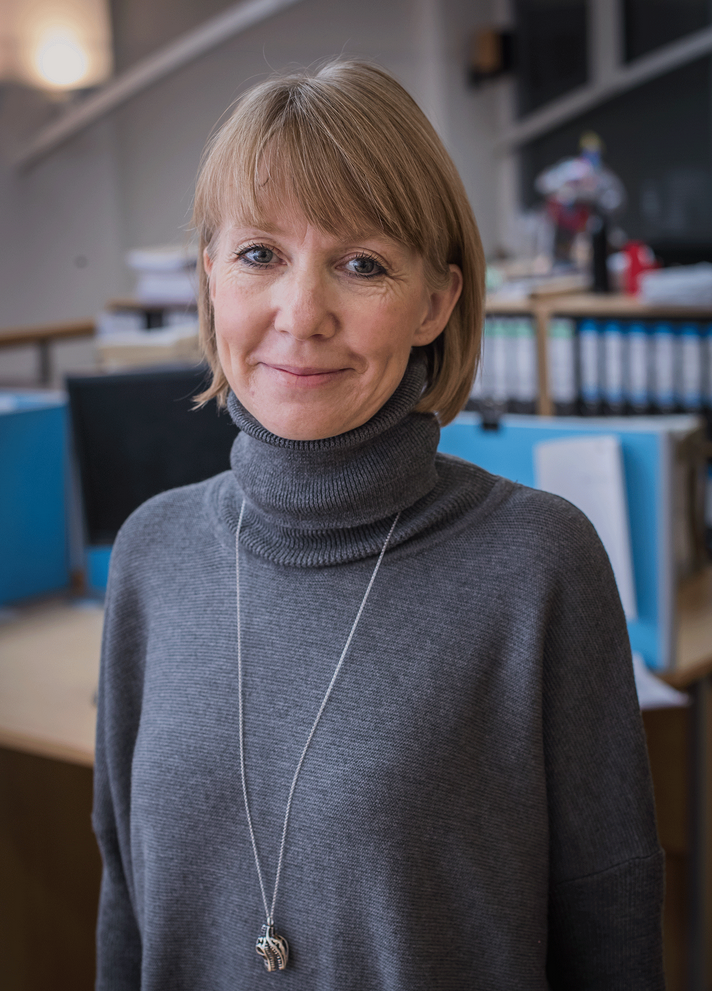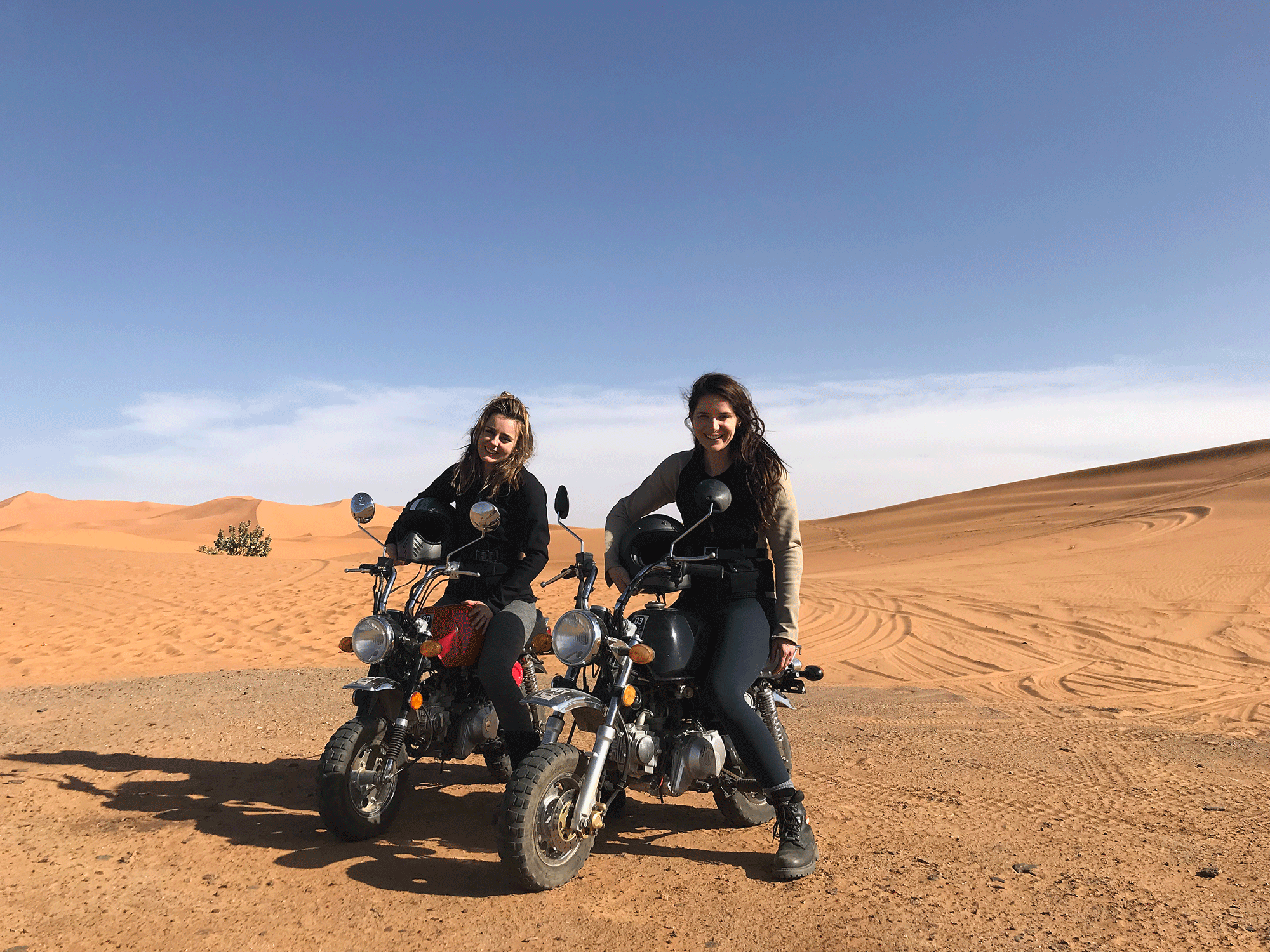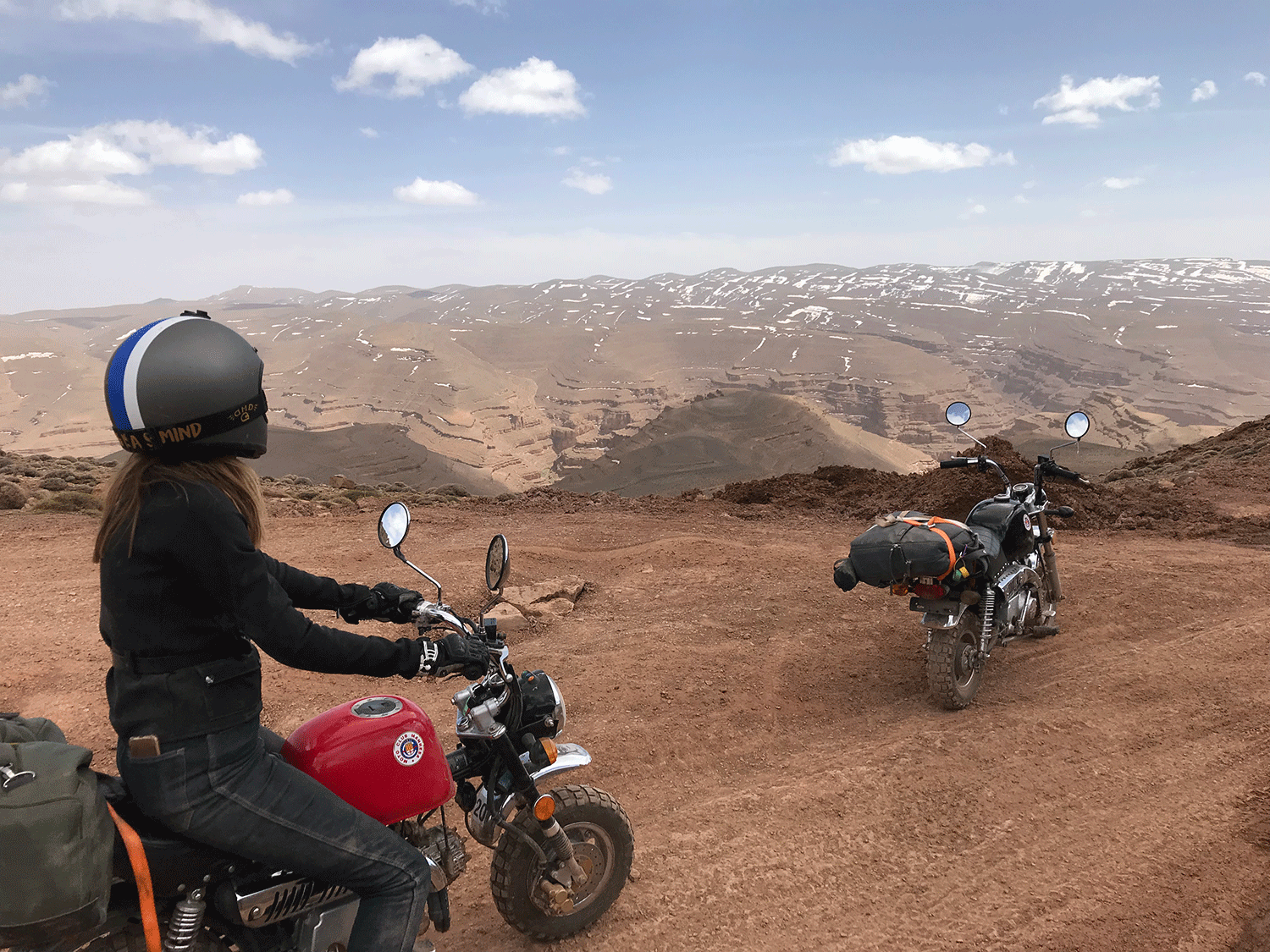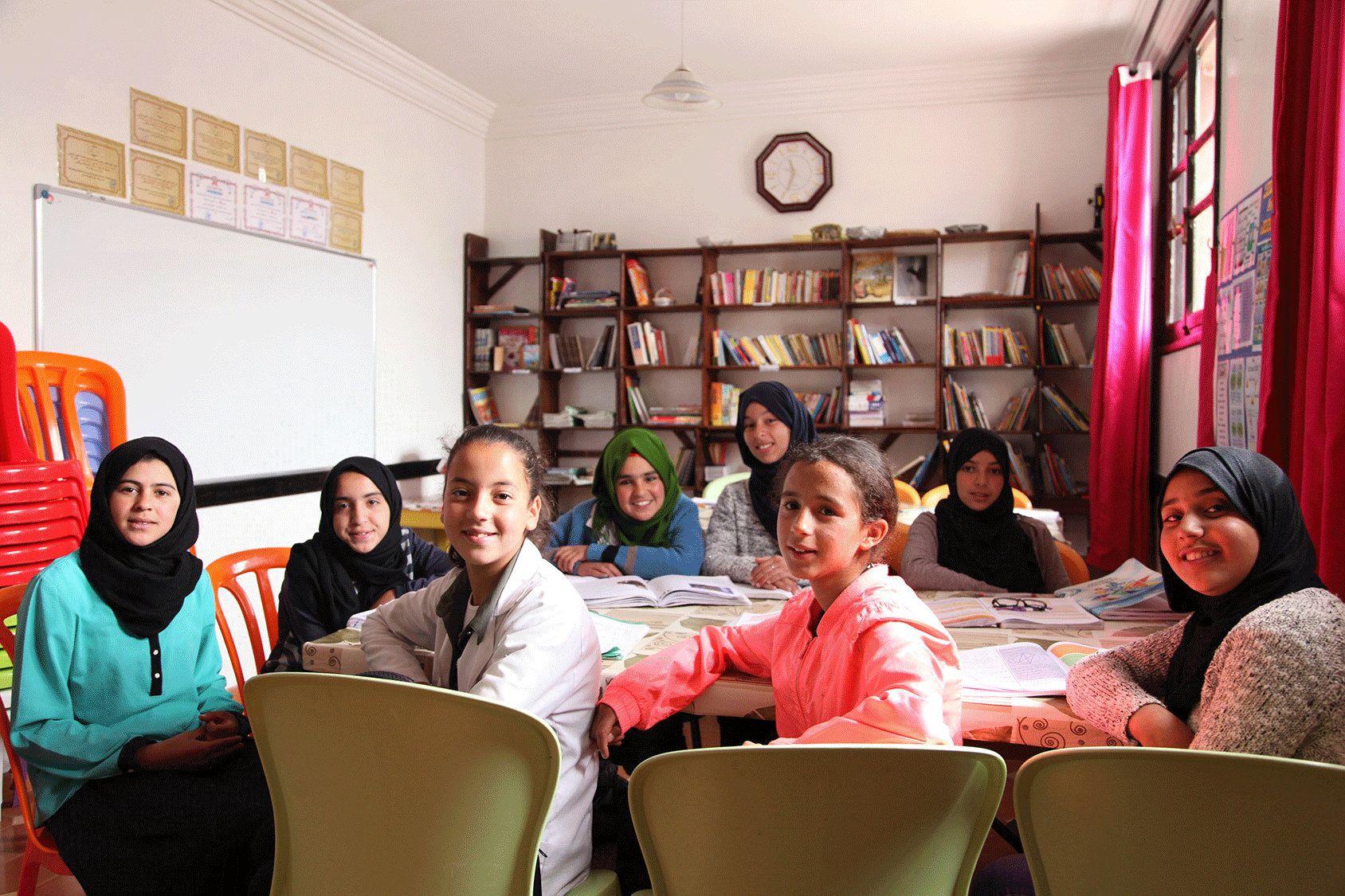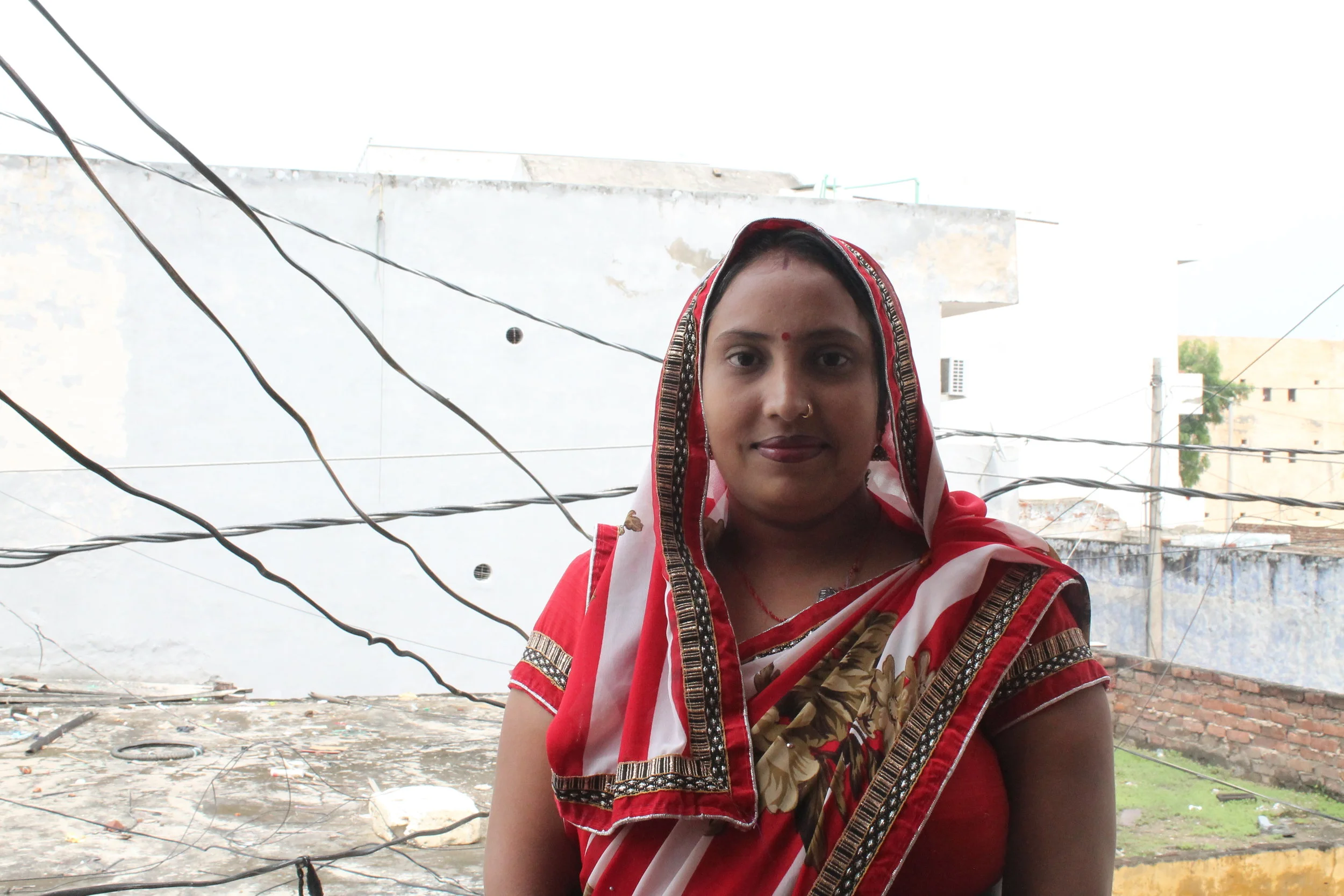To mark International Women's Day, Amnesty International is shining a light on Britain’s women human rights defenders, reports Nicola Moyne
Over the past month, Amnesty International has been calling on the public to nominate the women making a difference to society, and its Suffragette Spirit Map of Britain, which launches today to celebrate International Women’s Day, showcases the women human rights defenders who are working hard to help the people in their community.
Helen Pankhurst, a women’s right activist and writer, and the great-granddaughter of Emmeline Pankhurst, is an advocate of the Suffragette Spirit Map of Britain campaign and says: ‘The sheer quantity of nominations and the range of issues being tackled head-on by these brave women is astonishing. There are women who have set up support groups to aid refugees; women who are tackling the issues surrounding domestic abuse through theatre; women who have set up initiatives to tackle bullying in schools; women who have set up charities to tackle period and clothing poverty; women who stand up for pensioners’ rights; women who work to provide better facilities for disabled people.
‘From Scotland to Wales, from Northern Ireland to England – the Suffragette Spirit Map reminds me that our country is filled with human rights defenders who, unhappy with the status quo, know that sometimes deeds, not words are needed to make a world of difference.’
Emma Norton, Head of Legal Casework at Liberty, pictured above
Emma Norton, Head of Legal Casework at Liberty – an organisation renowned for campaigning for fundamental rights and freedoms in the UK – has certainly earned her place on the map, having helped fight for women’s human rights for more than nine years. She says: I draw a lot of energy from my work and I am proud of what I do. The clients and families I am privileged to represent bring [their] cases so that lessons will be learned, and to change things for other people.
‘I have been very lucky to work with lots of brilliant feminist women and men. But in the world outside of work I’ve experienced sexual harassment, indecent exposure and groping – relatively common hazards to navigate as a younger woman – as well as inappropriate advances by employers, even teachers. Almost all women I know have had experiences like this. That’s why I’m passionate about the cases that can bring real reform to help women.’
But you don’t need to work in the legal profession to action positive change. ‘Check your own prejudices – everybody has them,’ says Norton. ‘Call out bad behaviour when you see it and do it quickly. Encourage girls and boys to think of themselves as feminists from an early age. Check out the Women of the World Festival and The Guilty Feminist podcast, and always keep your sense of humour.’
To be inspired by the women human rights defenders living in your community now, head to amnesty.org.uk/suffragettespirit and check out the Suffragette Spirit Map of Britain.
Read more about today's human rights defenders at Marie Claire UK


